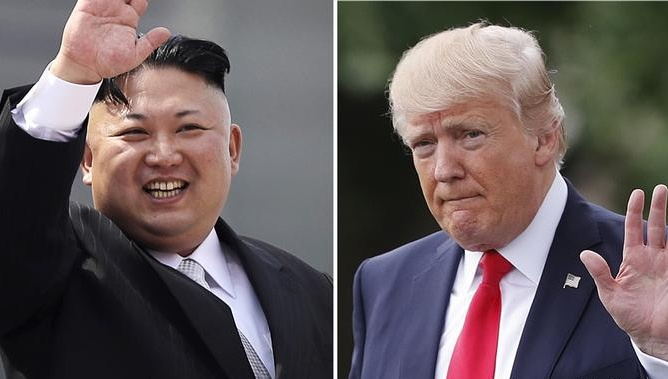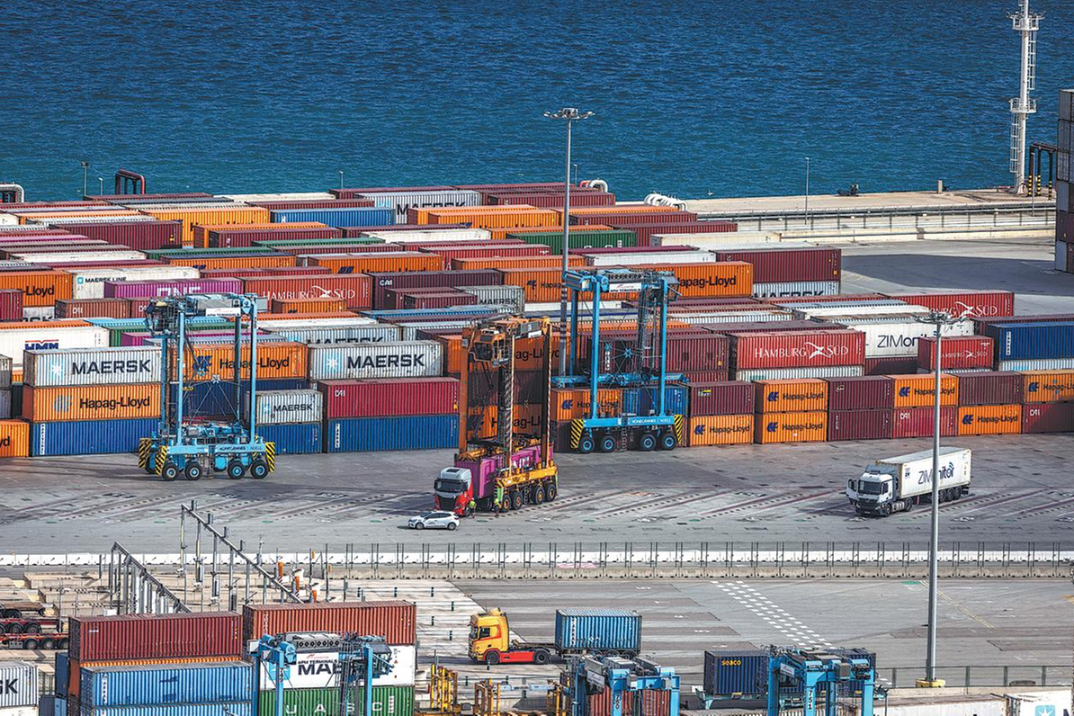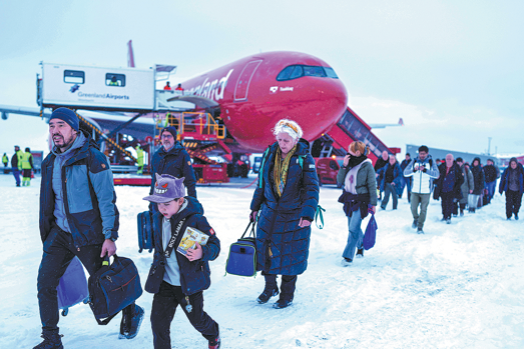DPRK interests vital for peninsula peace


On May 16, the Democratic People's Republic of Korea suddenly threatened to pull out of the planned summit between its leader Kim Jong-un and US President Donald Trump in Singapore on June 12, saying the country has no interest in the summit if it's going to be a one-sided affair where it is pressured to abandon its nuclear program. It also said the United States' military drill "Max Thunder" with the Republic of Korea was a threat to its security.
The international community hoped for the peaceful denuclearization of the Korean Peninsula after the Panmunjom Declaration for Peace, Prosperity and Unification of the Korean Peninsula was inked by Kim Jong-un and ROK President Moon Jae-in on April 27.
So why did Pyongyang cancel a high-level meeting with Seoul on May 16 and threaten to pull out of the planned summit with the US?
Since the DPRK and the US have not agreed on how to denuclearize the peninsula, they, especially the DPRK, should make their stance clear before the planned Kim-Trump summit. Besides calling a halt to nuclear tests and announcing the dismantling of its Punggye-ri nuclear test site, Pyongyang has to take concrete actions for denuclearization, complete with a timetable, to convince the US that it is sincere about denuclearization.
As for Washington's policy toward Pyongyang, there are two possible variants. US Secretary of State Mike Pompeo has said that only if Pyongyang abandons its nuclear program can Washington "secure" its security and encourage US private enterprises to invest in the DPRK. On the other hand, US National Security Adviser John Bolton has referred to Libya as a model for denuclearization, saying no sanctions would be eased until the US has possession of all the DPRK's nuclear weapons and destroyed them.
According to the Korean Central News Agency, the DPRK's official news agency, and the statement of the DPRK's first vice-foreign minister Kim Kye-gwan, Pyongyang threatened to withdraw from the summit with the US because it doesn't want the denuclearization process to be unilateral.
Since the DPRK has strongly refused to denuclearize under any external pressure, Washington should ease or lift part of its sanctions against the DPRK and provide it with some economic compensation in return for taking some denuclearizing measures.
Also, the DPRK accuses the US of driving it into a corner on "unilateral nuclear abandonment", just like it did to Libya and Iraq. So Pyongyang's threat to reconsider its proceeding to the planned Kim-Trump summit is directly related to it.
Besides, the DPRK wants to hold talks with the US on an equal basis, because it is not lured by any award or motive. On the contrary, it took the initiative to hold peace talks with the US because it is sincere about restoring peace on the Korean Peninsula and improving Pyongyang-Washington ties.
In fact, equal treatment has been a consistent factor in the demands of the DPRK to hold peace talks. And perhaps that's why Pyongyang has never agreed to abandon its nuclear program just to ensure its survival.
China has proposed "phased denuclearization" considering the demands of all sides so that the denuclearization and peace process can move forward. But it is not easy for the countries involved to reach an agreement on denuclearization, especially because any disagreement could bring all the efforts to naught. For example, the Six-Party Talks have not been held after the DPRK pulled out of it in 2009 over disputes on nuclear inspection according to an agreement signed in 2007.
The need therefore is for all sides to make more efforts to bring all the parties to the negotiation table. Pyongyang's tough stance, in this sense, should make Washington consider its requirements more seriously.
Pyongyang's threat, however, does not mean the planned US-DPRK summit has been cancelled. But if the US is really sincere about denuclearizing the peninsula, it should give the DPRK's sudden move very serious thought.
The author is head of the School of International Studies, Nanjing University.


































